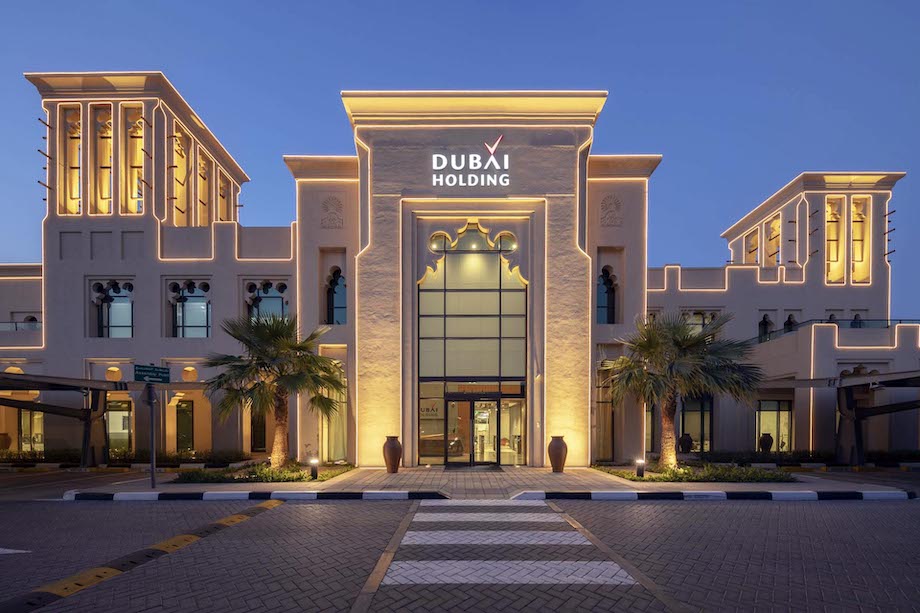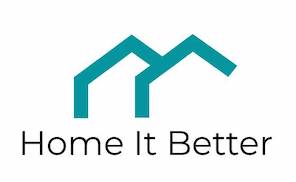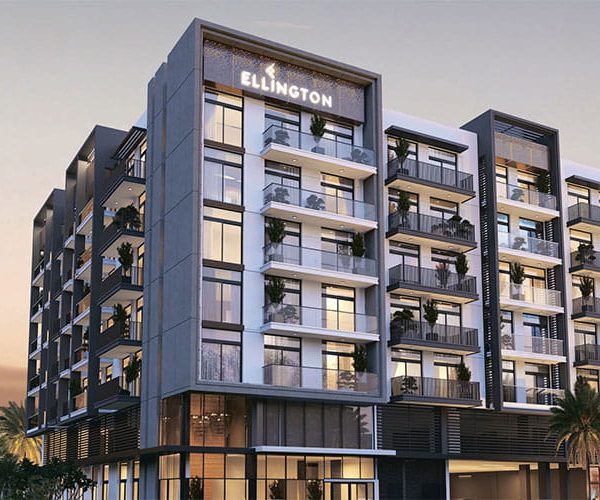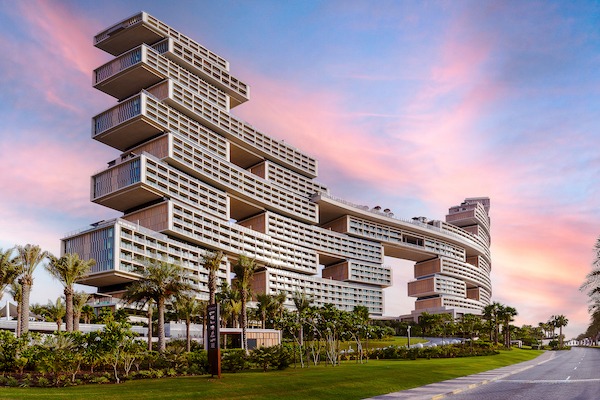Dubai Residential REIT (DUBAIRESI) by Dubai Holding – Dividend Comparison (updated 2026)

Dubai Residential REIT – Should You Invest?
Dubai property investors have a new opportunity on the market: the Dubai Residential REIT (DUBAIRESI), launched by Dubai Holding. Following the highly anticipated Dubai Residential REIT IPO in 2025, this Dubai REIT is attracting attention for its strong dividend potential, government-backed sponsor, and direct exposure to Dubai’s fast-growing residential rental sector.
In this article, we break down what investors need to know about the Dubai Residential REIT, compare its dividend payouts with other REITs in Dubai, and assess whether it deserves a spot in your real estate portfolio.
What Is Dubai Residential REIT? (DUBAIRESI)
Listed on May 2025, this government-backed REIT focuses purely on residential leasing.
Key Features:
- Portfolio: Over 35,000 residential units across 21 communities in Dubai
- Largest listed REIT in the GCC by asset value: AED 21.63 billion Gross Asset Value (GAV)
- Dividend Policy: Projected dividend yield of 7.7% for 2025 (distribute semi-annually)
- Shariah-Compliant: Structured to comply with Islamic finance principles
IPO Highlights:
- Market Cap: Up to AED 14.3 billion ($3.9 billion) (Largest listed REIT in GCC at launch)
- Offering Size: 1.95 billion units (15% of the REIT’s issued capital)
- IPO was oversubscribed 26× with gross demand exceeding AED 56 billion.
- Final Share Price: AED 1.10
What Types of Properties are in this REIT?
Dubai Residential REIT Portfolio:
- Premium: Upscale properties in prime locations such as Bluewaters, City Walk, and Nad Al Sheba Villas.
- Community: Mid-to-high-income family-oriented communities like Shorooq and Layan.
- Affordable: Cost-effective housing in areas like Al Khail Gate and International City.
- Corporate Housing: Purpose-built accommodations for corporate and industrial.
How Does the Dubai Residential REIT Compare With Other REITs?
While no one can control share price swings, dividends are something investors can compare. To better understand where the Dubai Residential REIT IPO stands, let’s take a look at how its potential payouts stack up against other REITs listed in Dubai.
| REIT | Managed By | # Of Properties | Portfolio | Market Cap | Targeted Dividend Yield | Annualized Dividend (2025) | Dividend Frequency |
|---|---|---|---|---|---|---|---|
| Emirates REIT (REIT) | Equitativa Group | 11 | Commercial, Education & Retail | 149,319,395 | NA | NA | 0 |
| ENBD REIT (ENBDREIT) | Emirates NBD Asset Management | 10 | Commercial, Residential, Education & Retail | 121,250,000 | 5% | 8.16% (as of Sep 2025) | 1-2x year |
| Al Mal Capital REIT (AMCREIT) | Al Mal Capital | 5 | Education | 701,214,386 | 7% | NA | NA |
| Dubai Residential REIT (DUBAIRESI) | DHAM REIT Management by Dubai Holdings | 35,000 | Residential | 16,250,000,000 | 7.7% | 6.9% (as of June 2025) | 2x year |
How does Dubai REIT compare with Buying Dubai Real Estate?
Dubai property investors typically choose between two main approaches: buying off plan properties with payment plans to capture capital growth, or buying ready properties that start generating rental income right away.
While such strategies have merit, buying properties directly also pose challenges:
- High Upfront Capital: Cash purchase or 20% down payment
- Long-term Holding: For maximum returns
- Property Management: Requires handling contracts, short term rentals, or local agents
- Vacancy & Repair Risk: Cash flow is affected by tenant turnover or maintenance
- Exit Risk: It may take time to sell
Why Dubai REIT can a Smart Option
REIT addresses many of the challenges above.
| Feature | Dubai REIT Advantage |
|---|---|
| 1. Tax Efficiency | No corporate tax on REIT income and no personal income tax for UAE residents. |
| 3. Diversification | Exposure to thousands of residential units across various segments: premium, affordable, and corporate. |
| 4. Liquidity | Shares are easily bought and sold on the Dubai Financial Market (DFM), unlike physical properties. |
| 5. Low Capital Requirement | Start investing with smaller amounts, no need for 20% down payments like in direct property purchases. |
| 6. Consistent Dividends | REITs like ENBD REIT project annualized yields (~7%) and pay semi-annually. |
| 7. Hassle-Free Ownership | No need to manage tenants, repairs, or lease contracts. Fully passive income stream. |
What Are the Risks of Investing in REITs in Dubai?
| Risk Factor | Explanation |
|---|---|
| Market Volatility | REIT share prices can fluctuate, especially after IPO or during market downturns. |
| Capital Risk | A 30% drop in share price may require holding longer to recover your principal investment. |
| Liquidity Risk | Though more liquid than property, shares can still be affected by market sentiment and volume. |
Should You Invest in Dubai Residential REIT?
If your investment goals include:
- Regular dividend income
- Lower upfront capital
- Exposure to Dubai’s residential real estate market without the burden of direct ownership
- Avoiding the hassle of property management
Then Dubai REITs could be a smart addition to your portfolio.
However, if you prefer:
- Full control over your asset
- Long-term capital appreciation from physical real estate
- Customization or value-adding strategies (renovations, vacation lets)
Then buying property in Dubai directly may better suit your strategy.
Conclusion
Your investment approach should align with your priorities: choose direct ownership for control and long-term wealth building, or invest in a Dubai REIT for convenience and flexibility. Both paths offer exposure to Dubai real estate investment, but serve fundamentally different investor needs.
Disclaimer: Home It Better is not your financial advisor or real estate agent. The article here is for informational purposes only, and should not be used as a substitute for advice from a licensed professional.










